Electrolyte Overload: 8 Common Sports Drinks Quietly Harming Your Kidneys
Many of us reach for a colorful sports drink after a walk, class, or gym session. These beverages promise fast hydration and a quick electrolyte top-up. For most healthy adults, occasional use during or after prolonged, sweaty exercise is fine. But there’s a different side to this story for people who drink them often, sip large volumes, or who have diabetes or kidney disease. Electrolyte overload happens when the body receives more sodium, potassium, phosphate or sugar than the kidneys can comfortably handle. That can increase kidney workload, disrupt blood pressure, and in some cases make existing kidney problems worse. Research on brand-by-brand kidney harm is limited. The Research Agent found gaps in authoritative, peer-reviewed data comparing exact electrolyte loads across products. So this article focuses on known mechanisms—high sodium, sugar spikes, excess potassium, phosphate additives, and concentrated solutions—and applies them to familiar drinks you’re likely to see on store shelves. The goal here is not to scare you away from hydration. It’s to help you read labels, make choices that match your activity level and health status, and know when to talk to your clinician. If you have chronic kidney disease, take blood-pressure meds, or manage diabetes, a quick conversation with your doctor can clarify which drinks are safe and which to avoid. Think of this piece as a practical map: what to watch for, why it matters, and how to stay hydrated without overburdening your kidneys.
1. Gatorade — sugar and sodium load
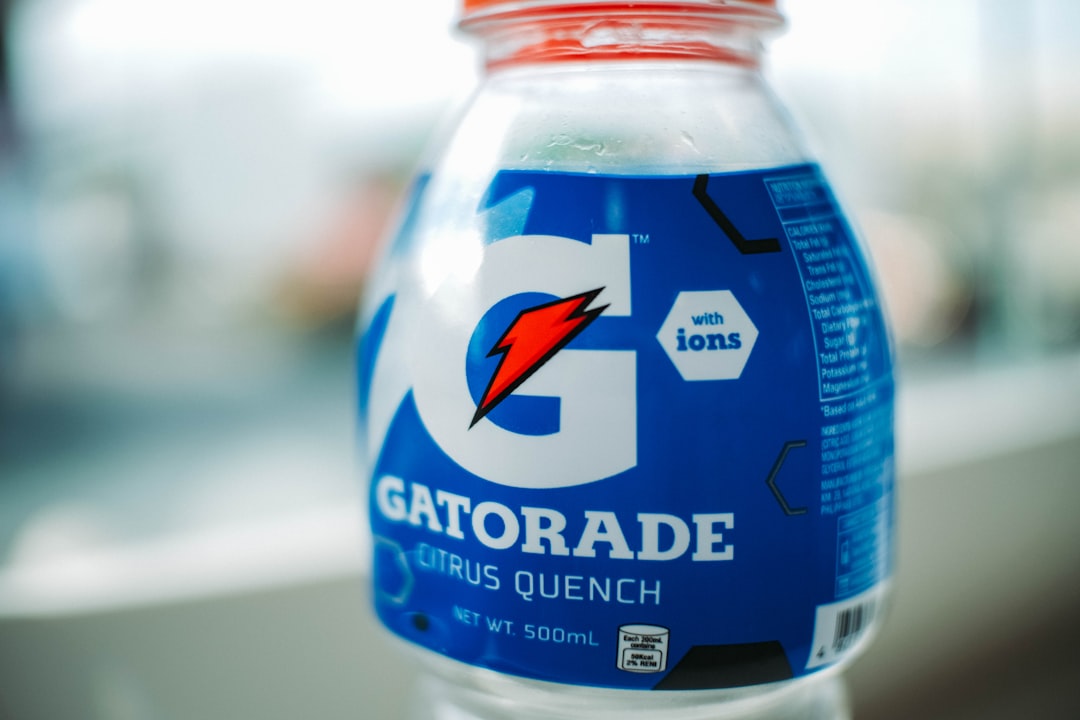
Gatorade is one of the most recognizable sports drinks, known for replacing fluid and electrolytes after exertion. It typically contains both sodium and sugar, ingredients that help athletes rehydrate quickly. For short, intense activity, that combination can be helpful. But when consumed regularly outside of heavy exercise, the sugar adds calories and can raise blood glucose, while extra sodium contributes to daily salt intake. Over time, higher sodium intake can increase blood pressure and make kidneys work harder to excrete the excess. Likewise, persistent high blood sugar levels can damage the tiny filtration structures in the kidneys. Practical takeaway: If you choose Gatorade, match the serving to your sweat loss and the duration of your activity. For light activity or daily sipping, water is usually sufficient. People with diabetes or known kidney problems should check with a clinician before using high-sugar, sodium-containing sports drinks routinely. Also, reading the Nutrition Facts panel and picking lower-sugar or lower-sodium options when available can help reduce daily strain on the kidneys.
2. Powerade — high-sugar electrolyte blends
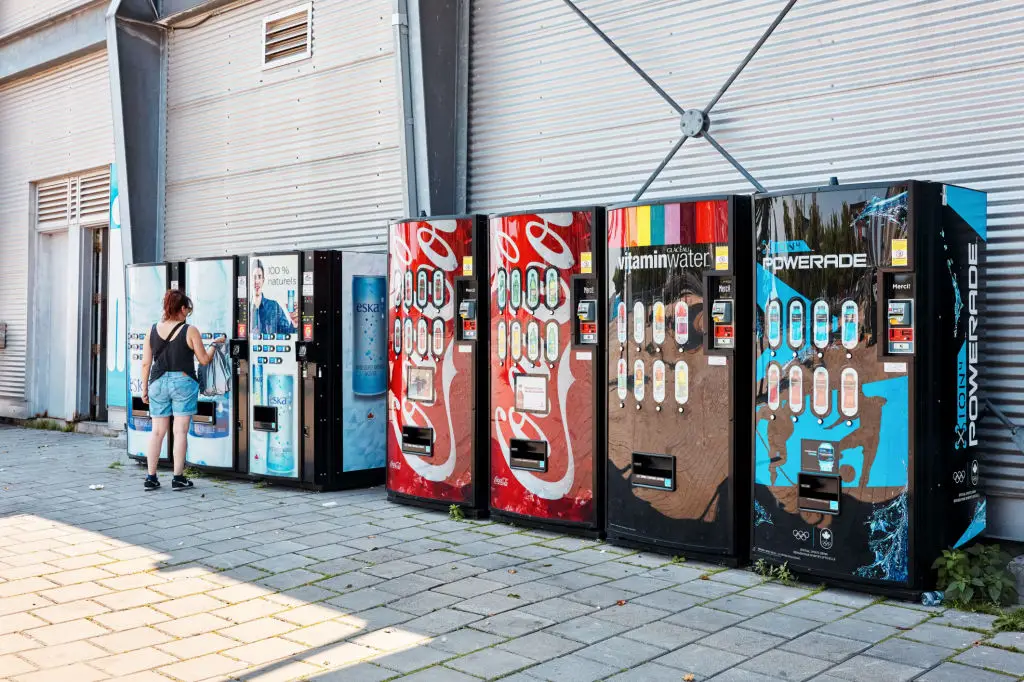
Powerade is another mainstream option with a similar goal: replace what you lose during exercise. It often relies on a mix of sugars and electrolytes to speed fluid uptake. That same formula that helps a runner bounce back quickly can become unnecessary and potentially harmful if consumed by someone who is sedentary or who drinks it multiple times per day. Extra sugar contributes to spikes in blood glucose, which over the long term can stress kidney filtration. Extra sodium increases the kidney’s filtering load and can affect blood pressure. Think about context. After a long bike ride, a single bottle can be appropriate. But grabbing a bottle daily as a flavored beverage can add up in sodium and sugars. A reasonable swap for casual hydration is plain water, possibly with a pinch of salt and a slice of lemon, or a low-sugar electrolyte option used only when you’ve truly sweated enough to need it. If you have fluid-retention issues or kidney disease, ask your care team what’s safe for you to drink.
3. BodyArmor and coconut-water-style drinks — potassium considerations
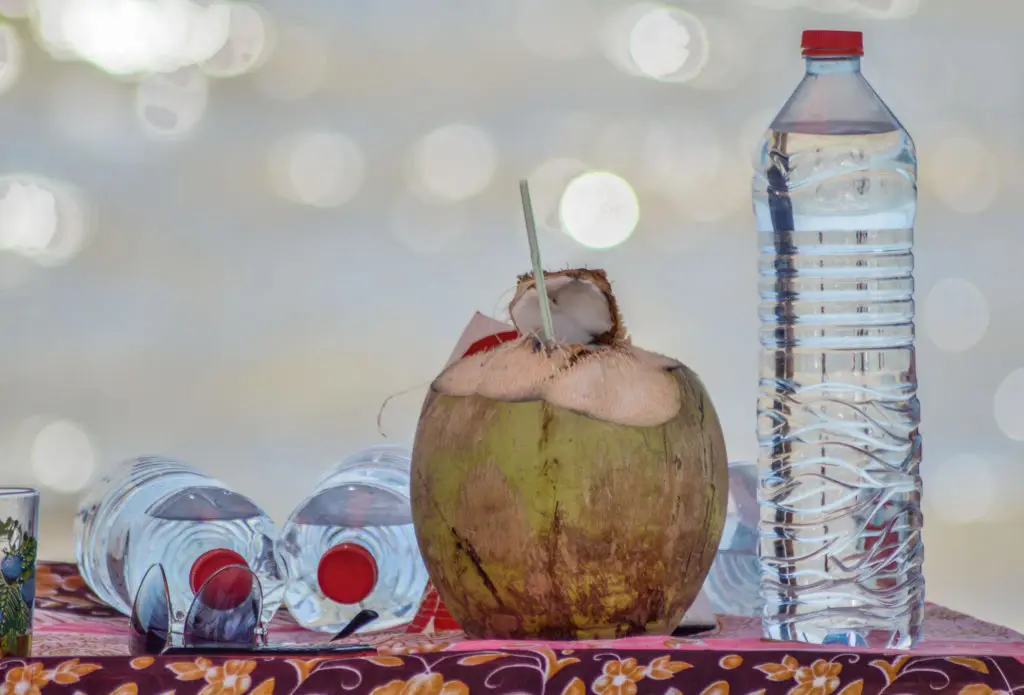
Drinks that promote themselves as "natural" or "potassium-rich," including some coconut-water-style beverages and products like BodyArmor, can be attractive because they offer a milder flavor and a nutrient angle. Potassium is an essential electrolyte for muscle function and heart rhythm. Most healthy kidneys manage potassium balance well. But if kidney function is reduced, the body may struggle to remove excess potassium. Elevated blood potassium can be serious and affect heart rhythm. That doesn’t mean these drinks are bad for everyone. For many people, a moderate amount of potassium-containing beverage can be part of a healthy routine—especially after heavy sweating. The caution is for people with known kidney disease, those taking medications that raise potassium (like certain blood-pressure drugs), or anyone told to follow a low-potassium diet. The safest approach is to check labels, be mindful of servings, and review potassium intake with a clinician if you have risk factors for impaired kidney clearance.
4. Vitaminwater — hidden sugars and additives
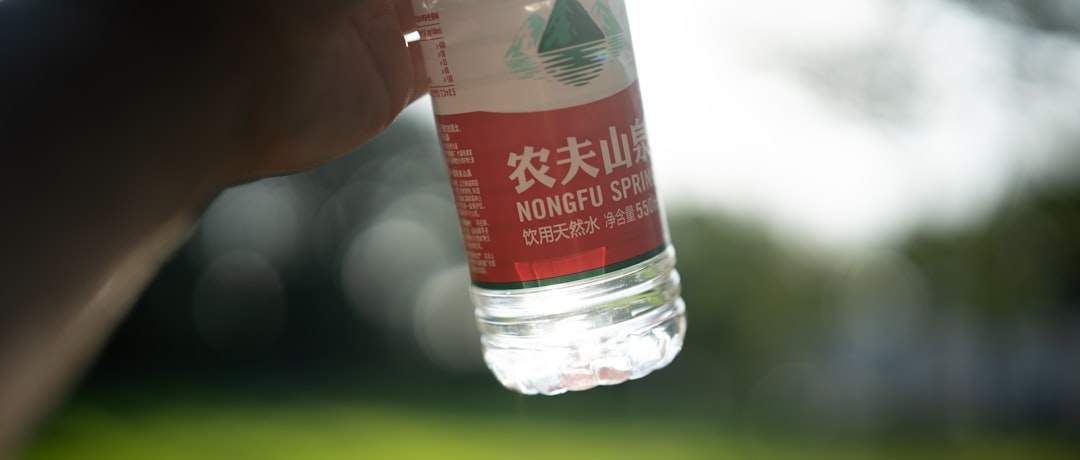
Enhanced flavored waters, such as Vitaminwater, often advertise vitamins and electrolytes. They can seem like a healthier daily choice, but many versions contain added sugars and flavoring agents that push up calorie and sugar intake. Excess sugar contributes to poorer blood-sugar control and weight gain, both of which are risk factors for kidney disease over time. Additionally, some of these bottled beverages include preservatives and acidifying agents that may affect dental health and metabolic balance. For people trying to manage kidney risk, the main point is label literacy. A drink that sounds healthy can still contain added sugars or unnecessary additives. Choose unsweetened options where possible and reserve fortified or sugary beverages for times when they serve a clear purpose—such as replacing carbohydrates after prolonged strenuous activity. If you’re concerned about long-term kidney health, swap sugary flavored drinks for water, unsweetened sparkling water, or a clinician-approved low-sugar electrolyte option.
5. Pedialyte Sport and rehydration solutions — appropriate use and overuse pitfalls
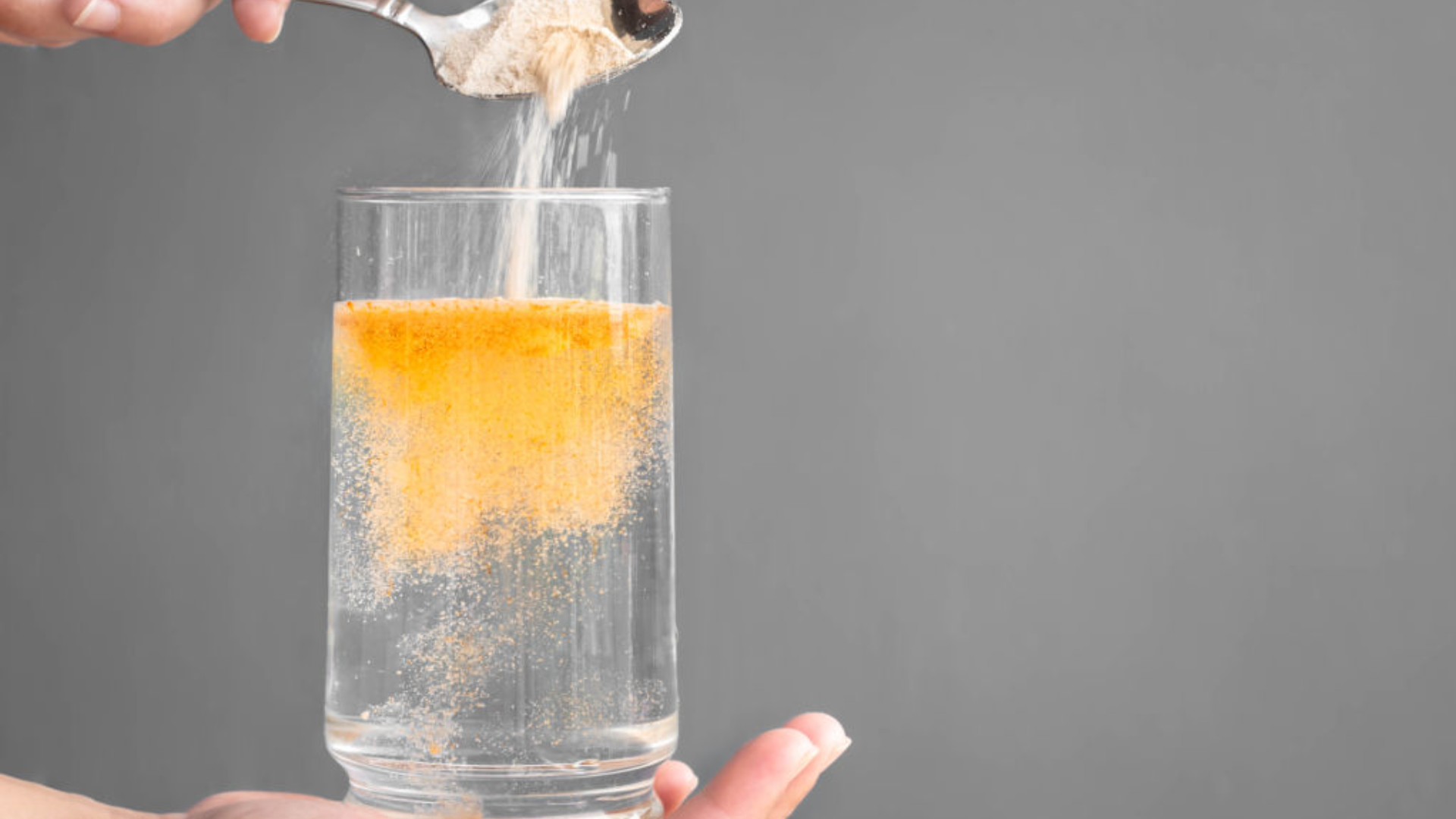
Rehydration solutions like Pedialyte Sport are formulated to restore electrolytes and fluids during moderate to severe dehydration. They’re clinically useful when someone has lost lots of fluid from illness, heat exposure, or long endurance events. But using these solutions routinely as a daily beverage can lead to unnecessary intake of sodium and other electrolytes, which may be problematic for people with limited kidney function. The kidneys are tasked with keeping electrolyte concentrations in a narrow range, and chronic excess can increase that workload. Use these products judiciously. If you experience frequent dehydration or rely on rehydration solution daily, it’s a good idea to evaluate your fluid habits and health conditions with a clinician. For everyday hydration, water is often the best choice. For true dehydration events, follow recommended dosing and seek medical care if symptoms are severe or persistent.
6. Concentrated electrolyte tablets and powders (e.g., Nuun, Skratch) — dosing and osmolality concerns
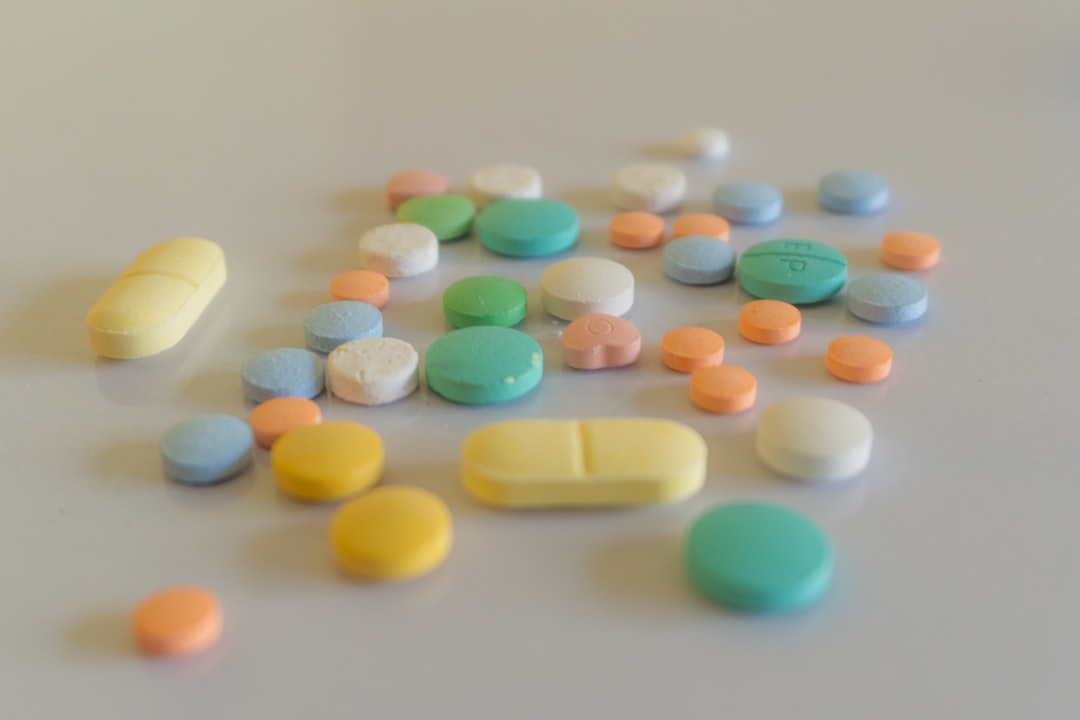
Electrolyte tablets and powders let you control concentration, which can be useful. But concentration matters: mixing too many tablets in a small volume of water creates a hyper-concentrated solution. That raises the drink’s osmolality and can draw water into the gut or create an electrolyte load that the kidneys must correct. Overdosing by habit—taking more tablets than needed—can increase daily sodium or potassium beyond what is safe for someone with impaired kidney function. Moderation and correct mixing are simple fixes. Follow manufacturer dosing for the activity duration and heat level. If you’re unsure how much electrolyte you need, consider sweat tests or guidance from a sports nutritionist. For routine fluid needs, lower-concentration options and plain water generally reduce the chance of unintended electrolyte overload and lessen kidney strain.
7. Low-calorie and zero-sugar sports drinks (e.g., Propel) — phosphate and additive questions
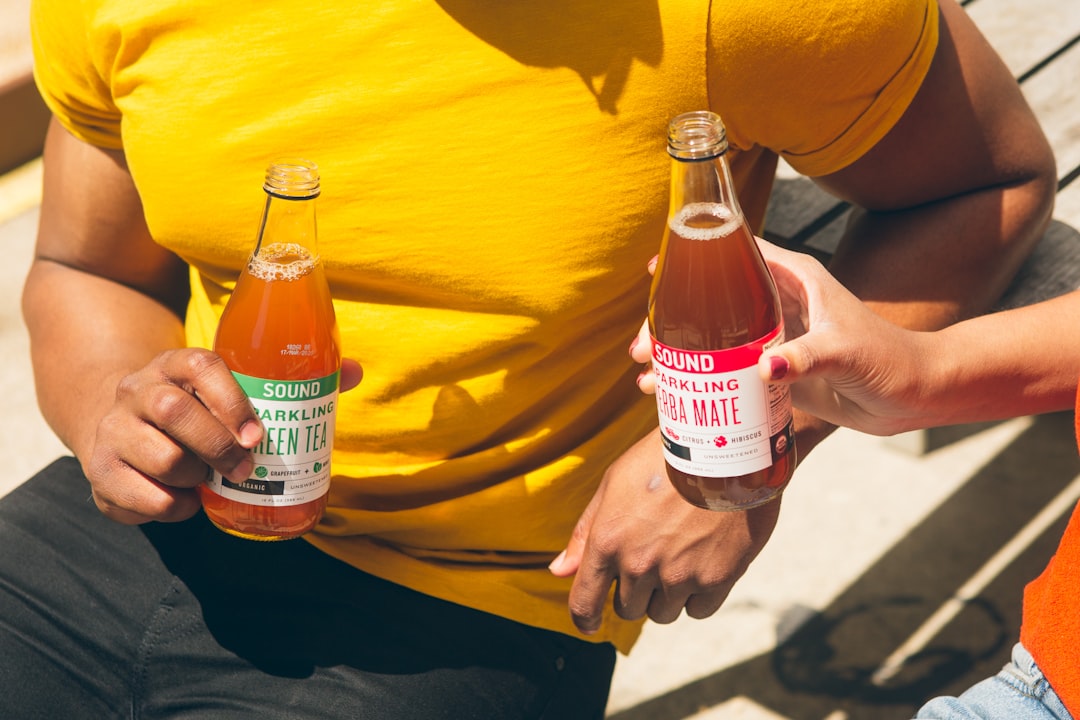
Zero-sugar sports drinks reduce calories but sometimes include other additives such as phosphates, citrates, or preservatives to adjust flavor and shelf life. Phosphate additives are a particular concern because excessive dietary phosphate has been linked to mineral-bone balance issues and may matter for people with kidney problems. Healthy kidneys remove extra phosphate; when kidney function declines, phosphate can accumulate and contribute to complications. The research landscape around phosphate in sports drinks is not robust, and the Research Agent noted a gap in definitive brand-level phosphate data. Still, it’s sensible to limit habitual intake of additive-heavy beverages if you have kidney disease or are at risk. Look for products with simple ingredient lists and ask your care team whether phosphate-containing drinks are appropriate in your situation.
8. Energy + electrolyte hybrids — combined kidney stressors
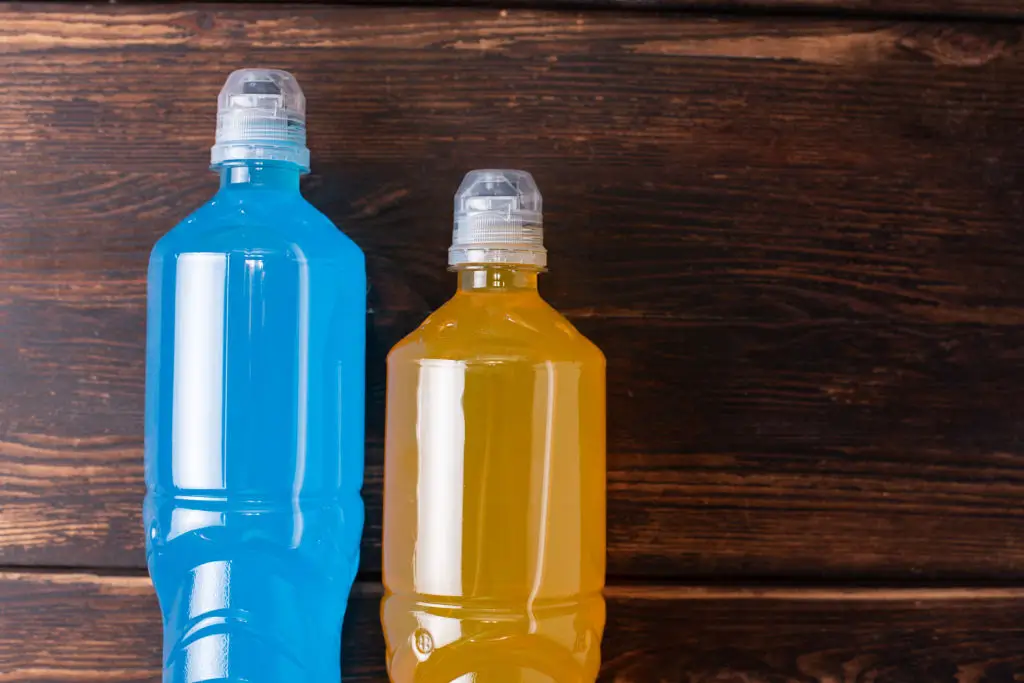
Some products combine electrolytes with caffeine or other stimulants. Caffeine affects fluid balance, increases heart rate in some people, and can influence blood pressure. When paired with electrolytes, especially sodium, these combined products can complicate hydration status and cardiovascular responses. For healthy adults in moderation, caffeine plus electrolytes after exercise is often acceptable. But for older adults, those with high blood pressure, or people with kidney disease, the combined effects can be risky if used frequently or in large amounts. If you rely on caffeinated electrolyte drinks to get through long days, consider how frequently you consume them and what other medications or health conditions you have. Reducing dose, spacing intake, or choosing plain water with food may be safer options. When in doubt, a clinician can help weigh caffeine’s benefits and risks relative to your kidney health.
How to hydrate safely: simple rules that protect your kidneys
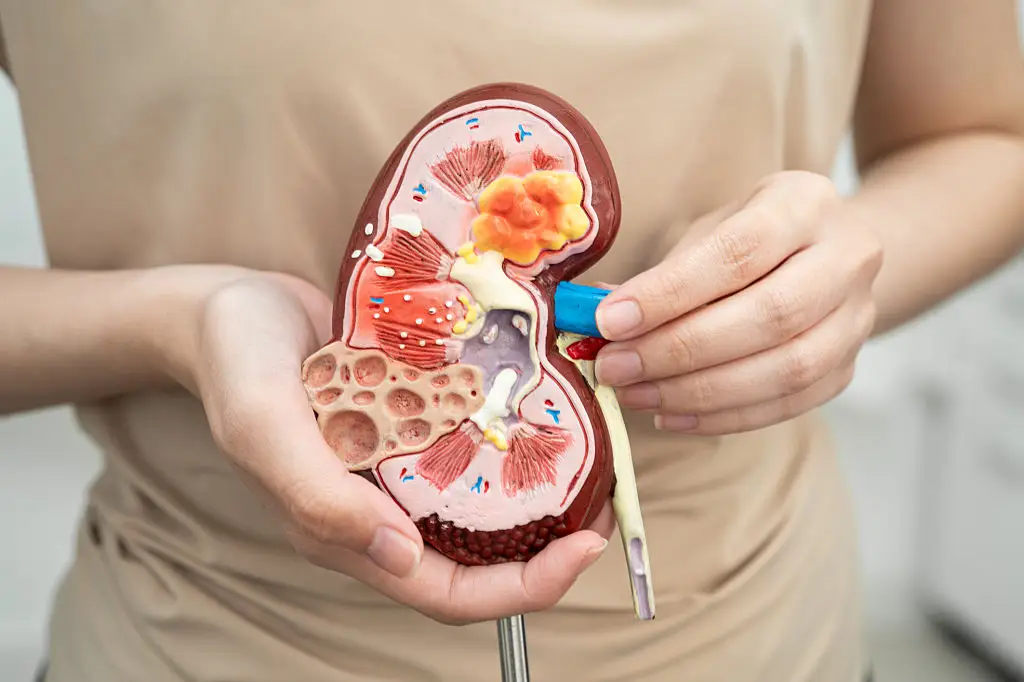
Sports drinks have a useful role: they replace what the body loses during heavy, prolonged sweat. They aren’t meant to be everyday flavored beverages for routine hydration. To protect your kidneys, start with three practical habits. First, match the drink to the activity. Use sports drinks for long or intense exercise; use water for casual movement and daily thirst. Second, read labels. Watch for high sugar, high sodium, or elevated potassium if you have diabetes or kidney concerns. Third, check in with a clinician—especially if you have diagnosed kidney disease, take medications that affect electrolytes, or experience swelling or unusual fatigue. The Research Agent pointed out that definitive brand-level studies are scarce, so we avoided making absolute claims about any single product “quietly harming” kidneys in the general population. Instead, we highlighted mechanisms and scenarios where harm is more likely. If you fall into a higher-risk group, a tailored hydration plan from a nephrologist or registered dietitian can help you stay active while protecting kidney function. Small adjustments—choosing water more often, reserving electrolyte drinks for real need, and watching serving size—can make a big difference over time. Stay hydrated, stay curious, and remember that good hydration supports overall wellbeing at every age.